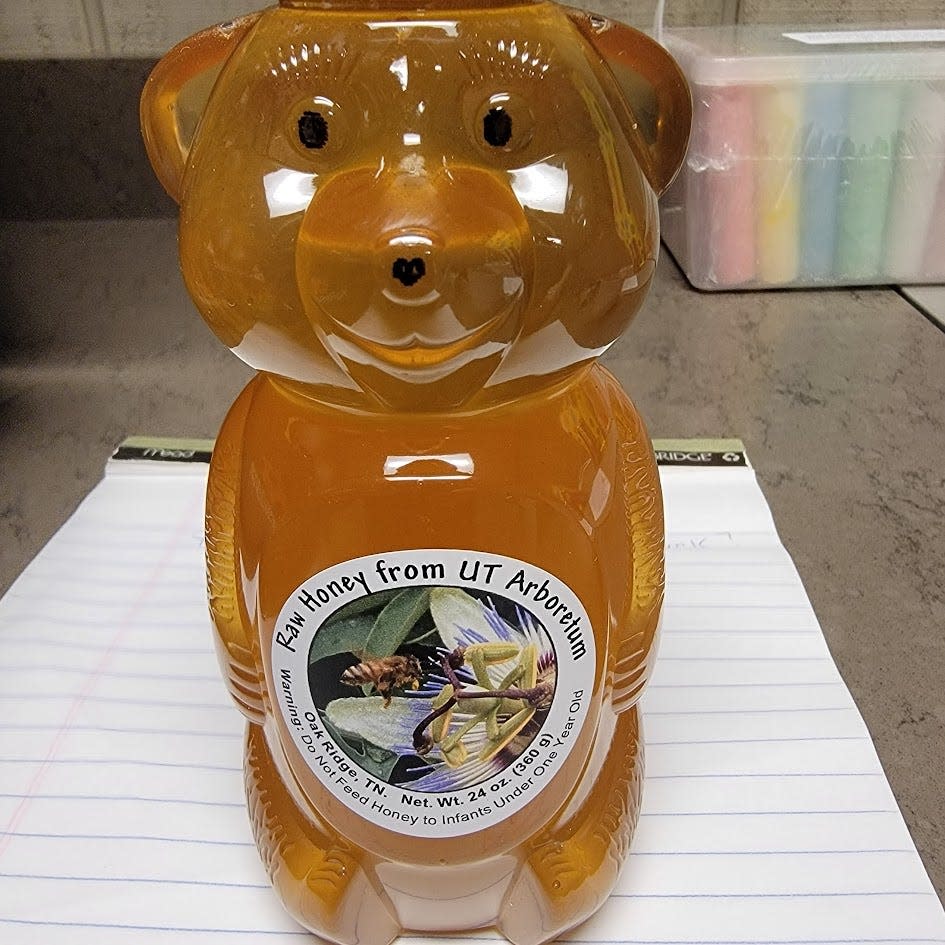'What's In Your Honey?' Zoom program to address chemicals in beekeeping
Honeybees are critical to a balanced ecosystem and the agricultural economy. Honey production and crop pollination are the primary benefits of beekeeping.
In a global trade economy, large-scale agricultural production and international transport have significantly pressured the ability to maintain honeybees, according to a news release from the University of Tennessee Arboretum. On May 7, Larry Millet, of UT, will address chemicals used in hives to control infestations and infections and considerations for keeping pesticides out of honey, wax, propolis products and derivative products.
The 7 p.m. talk will also bring awareness to the industrial production of hive hardware with petroleum-derived compounds that are now for sale in the beekeeping industry.
Millet, research associate professor in the Department of Civil and Environmental Engineering, leads cross-disciplinary collaborations to innovate and apply technology to understand and solve challenges that impact honeybee ecology and agricultural beekeeping.
He will present evidence for how honeybees move sugar feed throughout the hive, including into honey stores.
“To promote high-quality honey production that brings appreciation to what honeybees do for agriculture and ecosystems, we deliver new data for pollen mapping the honey stores of honeybee hives. An emphasis will be given to local craft and artisanal honey production and keeping honey as the bees make it,” Millet said in the news release.
The program is free, but registration is required to receive your Zoom link and the recording. Register at www.utarboretumsociety.org.

This article originally appeared on Knoxville News Sentinel: 'What's In Your Honey?' Zoom program to address beekeeping

